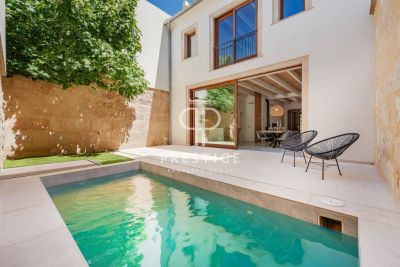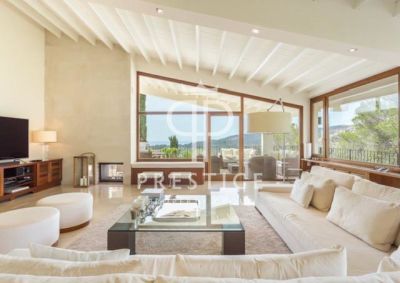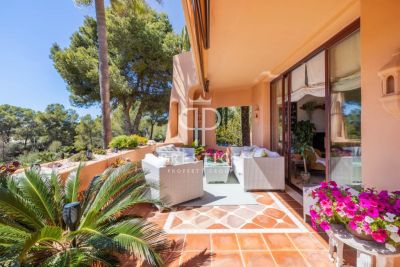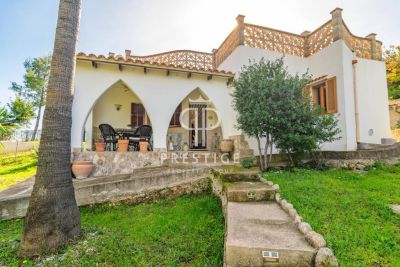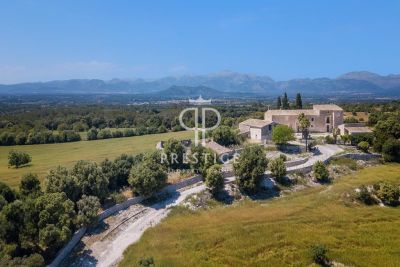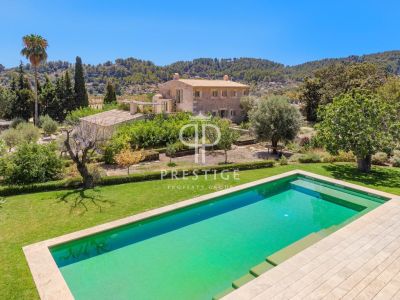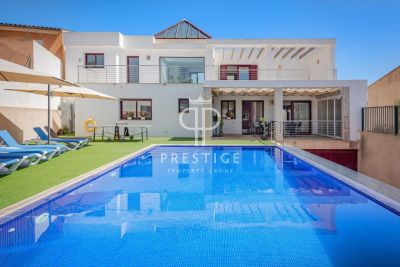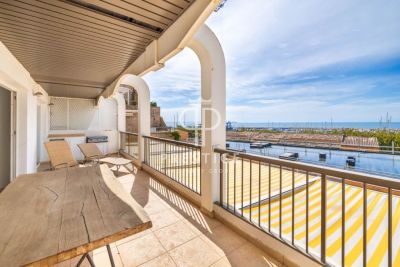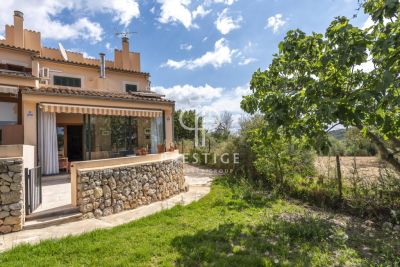Mallorca Property
Area Guide
Mallorca is the main island of the Balearic Islands with its capital at Palma. There are frequent flights to the islands, both scheduled and charter, from many airports in the UK.
Property in Palma
Palma is abundant with a variety of real estate, from large villas to studio apartments, and newly-built townhouses to old seignorial manors. Palma is a major seaside town with a port and yacht harbour and ferry sailings to the mainland, including Alicante, Valencia and Barcelona and also Ibiza and Menorca. The Paseo Maritimo is the main road along the harbour edge, and roads lead off this to the main shopping centre and the historic sector of the town.
As well as many excellent shops, Palma has the Auditorium famous for its concerts, very many good hotels and restaurants, bars and nightclubs, and a great many painters. The airport is just over ten minutes drive from the Paseo Maritimo, making Palma one of the easiest towns to reach from its airports. Immediately to the east of Palma lies the holiday resort of Arenal while to the west are the resorts of Cala Mayor, Illetas, Portals Nous, Palma Nova and Magalluf among others. Buying property in Palma means that amenities and a good quality of life are never far away.
Property in other areas of Mallorca
Away from these resorts, though, Mallorca still retains a very considerable charm and the interior especially remains almost unchanged with its centuries-old traditions of farming and fruit-growing. The scenery is most attractive and along the north coast, stretching right along the island from Puerto Andraitx in the south-east to Formentor in the north-east, is a magnificent mountain range with very steeply sloping roads down to the north coast resorts such as Puerto de Soller. High in the mountains lies Valldemosa, one time home of Chopin.
Buying a Property in the Balearic Islands
1. Putting down a Holding Deposit
On finding a property you wish to purchase you will need to negotiate the terms, price and conditions of the sale with the owner. This part of the process is not binding. We would recommend using an independent English speaking legal advisor. Once a purchase price has been agreed, normally a holding or reserve deposit will be required to ensure the property is removed from the market. The sum required will vary between properties and will be based on the purchase price. A time limit for the preagreement to be signed will be arranged and there will also be legal checks to be made.
2. Setting up a Pre-agreement (Contrato privado de compraventa)
The pre-agreement will set out the conditions under which the Buyer and Seller agree to complete the purchase of the property and the price they have agreed upon. Relevant details will generally be included for example the property details, purchase price and the date for completion. A deposit will be required at this point, this will vary, but will generally be 10% of the agreed price. This agreement will include a penal clause if the sale does not go through. If the seller pulls out of the sale your compensation will be double the deposit you have paid, but if you decide not to go through with the sale then your deposit will be lost. Certain checks will need to be made before signing the contract, checks should be made against the title of the property, mortgage status and if the property has any debts held against it. The planning status should also be looked into. These conditions can be varied by the seller and the buyer and other types of agreement can be made.
3. The Contract (Escritura de compraventa)
Before a non-Spanish purchaser can buy a Spanish property they will need to have set up a Spanish bank account and obtained a Spanish tax number (NIE). The completion will take place in the presence of a Notary Public. This is a Spanish public official, by law the deed of sale must be witnessed by a Notary Public. You will also need your own independent, expert legal advisor to act on your behalf. On Completion the buyer must pay the balance, that is the price agreed after the deposit has been deducted, plus any other fees on the completion date. Both buyer and seller must sign the Escritura de compraventa contract, (this is the Spanish equivalent of the title deeds). The title deeds (escritura) will be given to the buyer, this will be done in the presence of a Notary Public, they will certify that the transfer has taken place. The tax office will be sent a copy and the property registry will be informed of the transfer.
